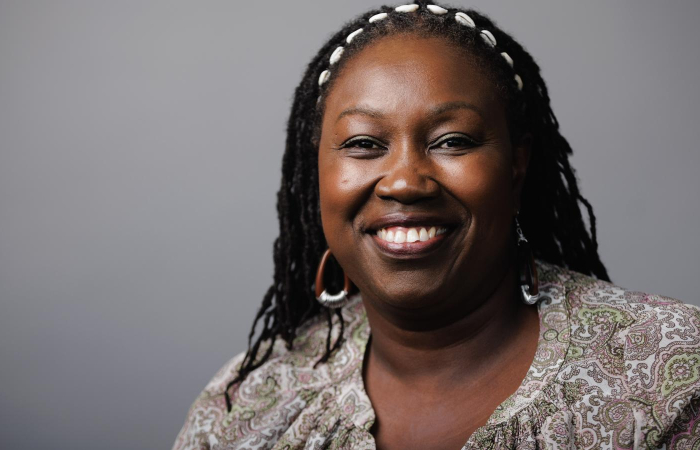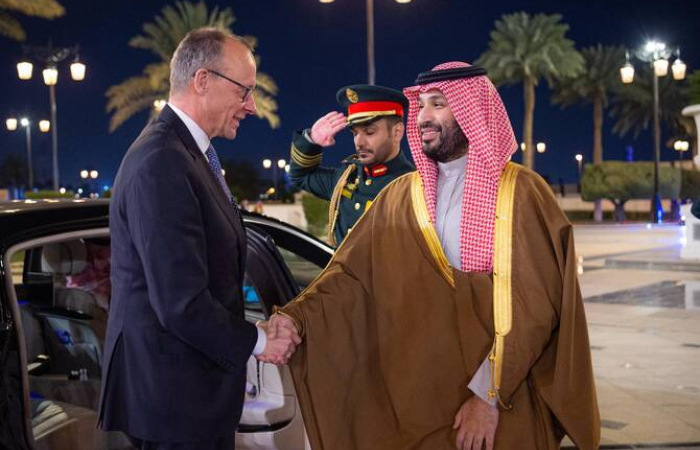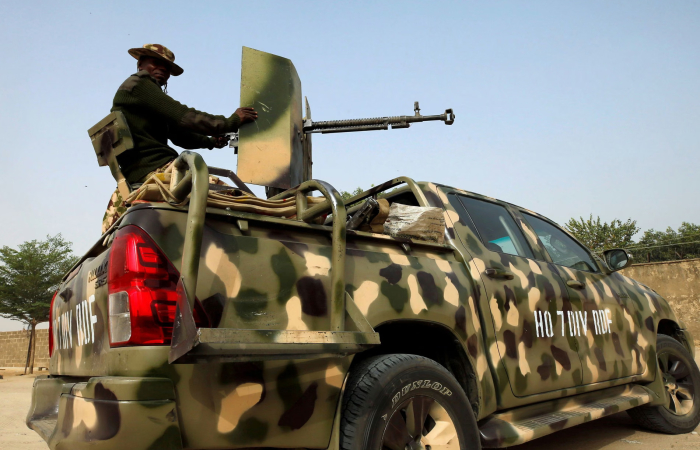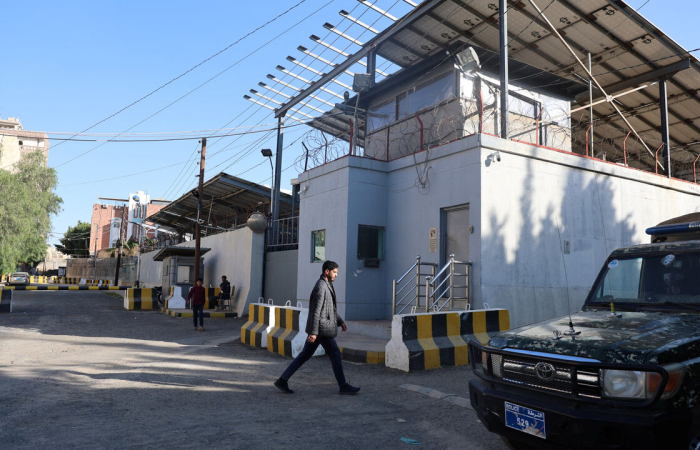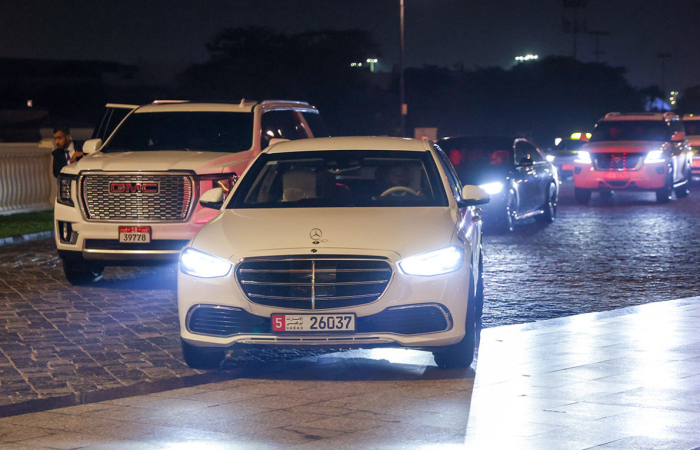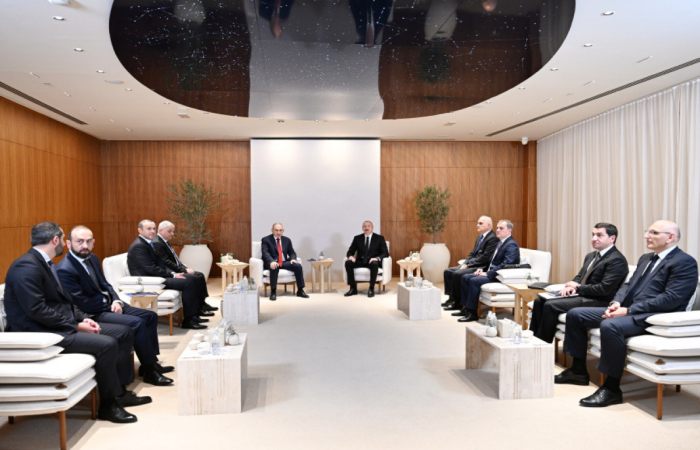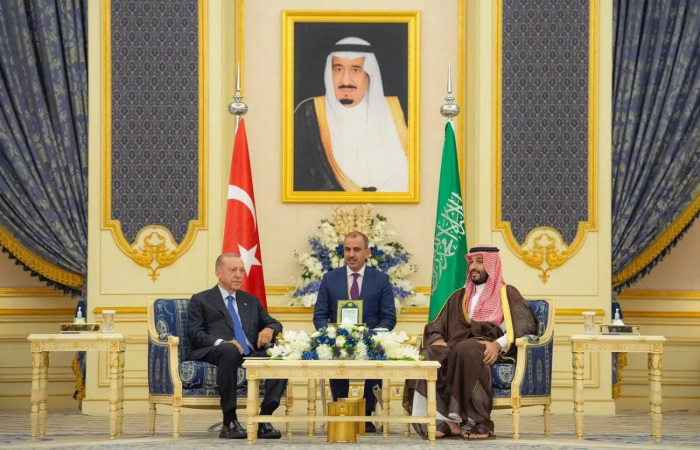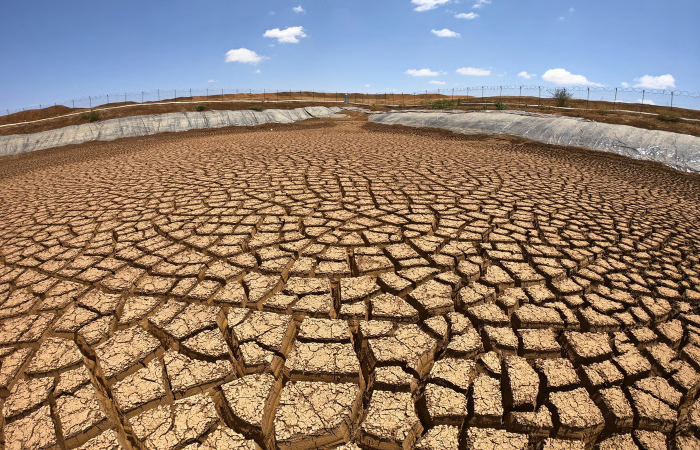Trending
Thursday Interview: Dr. Sarah Njeri
5 February 2026
Dr. Njeri is a peace and conflict scholar and mine action activist whose work sits at the intersection of humanitarian practice, critical theory, and policy reform. In closing off a successful first month of commonspace.eu’s Thursday Interview series, she reflects on how lived experience in humanitarian action has shaped her scholarship, how hierarchies within knowledge production shape peace-building practice, and what mine action, the work of clearing landmines and other Explosive Remnants of War (ERW), reveals about power and politics on the ground.
Dr. Njeri was instrumental in the success of LINKS Europe’s Bonn Contact Group on Climate, Peace and Security, where she co-authored a report on the nexus between climate change and land contamination and degradation resulting from the remnants of armed conflict. Read “Land degradation: The ‘double exposure’ of ERW contamination and climate change” by Dr. Sarah Njeri and Dr. Christina Greene.
“Across contexts like Somaliland, Iraq, Ukraine, and the South Caucasus, the core barriers to translating evidence into mine action policy are less about ‘missing data’ and more about politics, incentives, and entrenched governance structures”.
(Read the full interview by clicking the image above)



